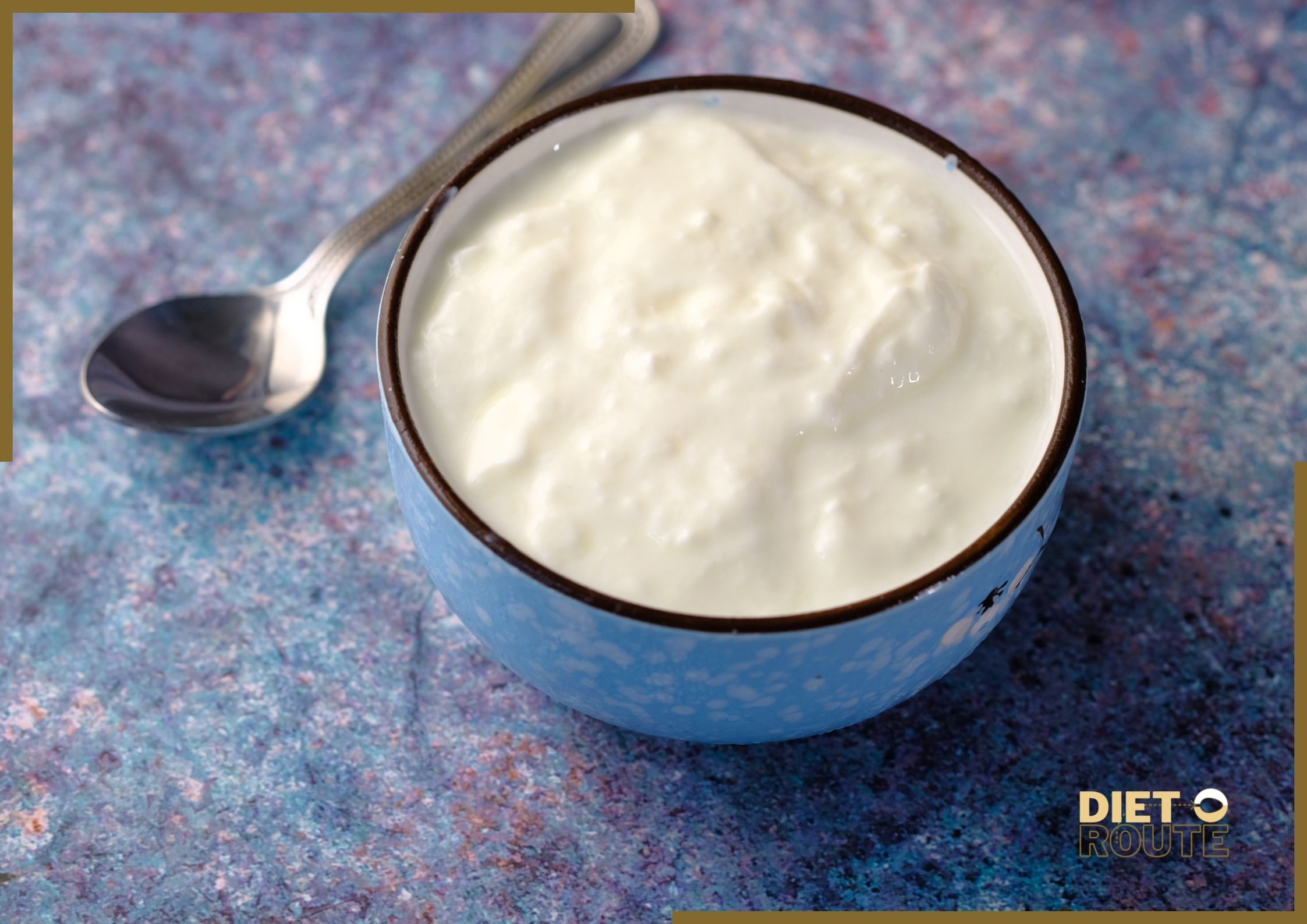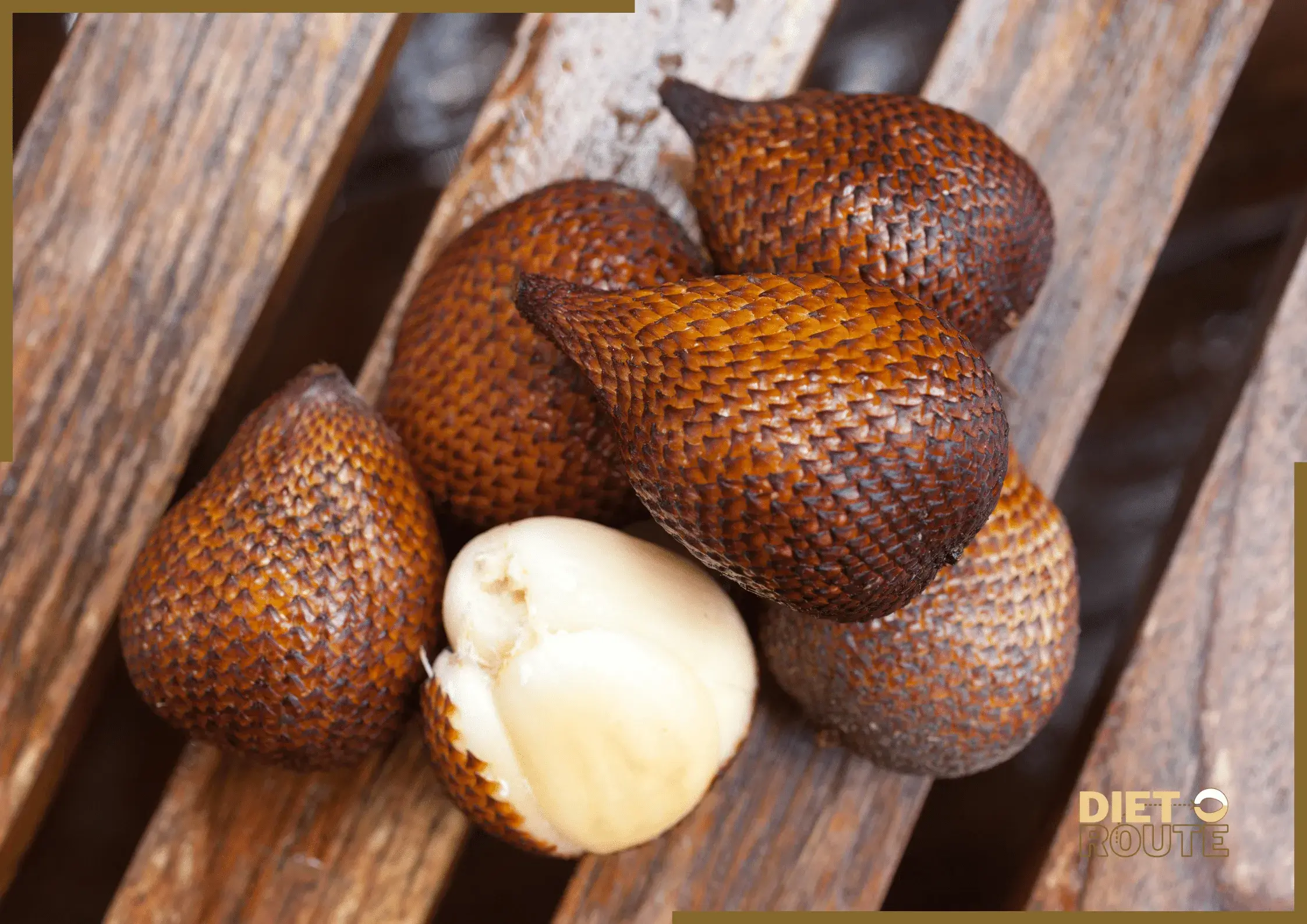Table of Contents
Introduction
In recent years, Greek yogurt has become more popular because it tastes rich and smooth and is good for you. In this piece, we’ll look at the nutritional content, talk about its pros and cons, answer some common questions, and end with some thoughts on how it fits into a healthy diet.
Nutritional Value Approximately 100g
The values provided are approximate can vary depending on the size and quality.
| Nutrient | Amount | Percentage Daily Value |
| Calories | 97 kcal | 5% |
| Total Fat | 5.3 g | 8% |
| Saturated Fat | 3.6 g | 18% |
| Cholesterol | 10 mg | 3% |
| Sodium | 36 mg | 2% |
| Carbohydrates | 3.6 g | 1% |
| Sugars | 3.6 g | – |
| Protein | 9.2 g | 18% |
| Calcium | 130 mg | 13% |
| Vitamin A | 31 IU | 1% |

Pros
1. High Protein Content:
The high protein content contributes to muscle growth, repair, and satiety. It can be a good way to get more protein in your diet.
2. Probiotic Benefits:
It often has bacterial cultures that are alive and working. These good bacteria help keep the gut healthy and aid digestion.
3. Source of calcium:
It is a good source of calcium, which is important for healthy bones and teeth. It may help prevent osteoporosis and contributes to overall bone health.
4. Versatility in cooking:
It can be used in smoothies, dressings, dips, and baked goods as a creamy and nutritious ingredient.
Cons
1. Fat and Saturated Fat Content:
The amount of fat and saturated fat in It , particularly the full-fat types, can be higher than in regular yogurt. It’s important to think about the size of the servings and choose foods that fit your nutrition needs and goals.
2. Lactose Intolerance:
Although It has a lower lactose content than regular yogurt, individuals with lactose intolerance should be careful and choose lactose-free options if necessary.
Frequently Asked Questions (FAQ)
1. Can individuals with lactose intolerance consume Greek yogurt?
Most of the time, it has less lactose than regular yogurt. Individual tolerance levels may vary, but some individuals with lactose intolerance may be able to tolerate Greek yogurt better.
2. Can vegetarians eat Greek yogurt?
Greek yogurt made with milk from cows is not good for strict vegetarians. But there are plant-based options that have the same taste and texture as Greek yogurt.
3. Can Greek yogurt help you keep your weight down?
It’s high protein content and ability to make you feel full may help you lose weight by making you feel full and lowering your overall calorie intake.
4. Can you eat Greek yogurt on a low-carb diet?
It has a low amount of carbs, so it can be eaten on low-carb diets. To limit the amount of added sugars, however, individuals should choose plain or unsweetened varieties.
5. Is Greek yogurt high in salt?
Typically, compared to other dairy goods, it has a lower sodium content. But it’s a good idea to look at the labels to see if salt or sodium was added.
6. Is there bacteria in Greek yogurt?
Probiotics can be in it, but it depends on the brand and how it was made. Look for goods that say they have live and active cultures on the label.
7. Can you freeze Greek yogurt?
It can be frozen, but when it thaws, it may have a grainy texture. For the best smooth texture, it’s best to eat it right away.
8. Can you use Greek yogurt instead of sour cream?
In some recipes, it can be used instead of sour cream because it has a similar tangy taste and has more health benefits.
9. Does Greek yogurt have gluten in it?
Plain Greek yogurt is not made with gluten. But you should check to see if there are any gluten-containing ingredients in sweetened or mixed-in kinds.
10. Greek yogurt can it be consumed while pregnant?
Because it contains protein, calcium, and probiotics, it can be a nutritious option during pregnancy. It is best to choose versions that have been pasteurized and get help from a health professional.
In a Nut Shell
Greek yogurt is a nutritious dairy product that has a number of health benefits. With its high protein content, probiotic qualities, and calcium content, it can be a good addition to a healthy diet. It’s important to think about possible cons, like its fat content and lactose intolerance implications, even though it has some pros, like versatility in cooking. Greek yogurt can be enjoyed as a tasty and nutritious part of a healthy lifestyle by making wise decisions and taking into account personal needs.









